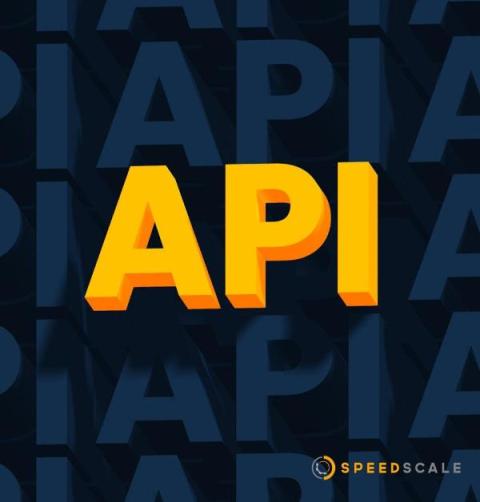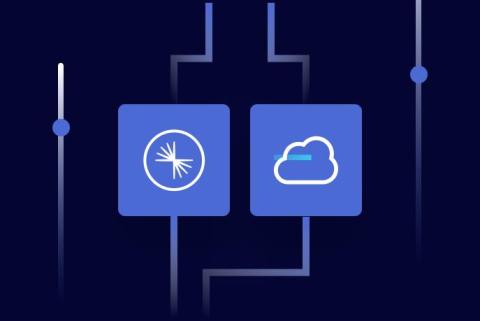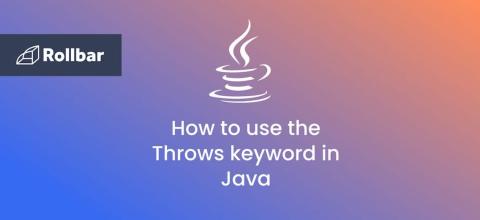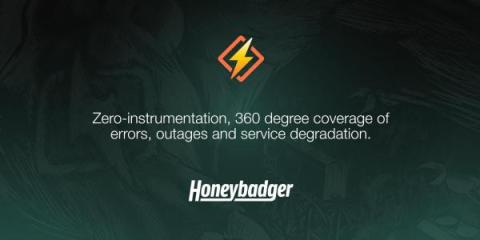The Power of the Best-in-Class Ecosystem
In the business world, gaining the “unfair advantage” often seems like a strike of great luck and timing (think Zoom and the pandemic). But in reality, it’s often the result of deliberate strategies and actions (in Zoom’s case, delivering a superior user experience). One great strategy: getting the unfair advantage through a best-in-class technology ecosystem.










